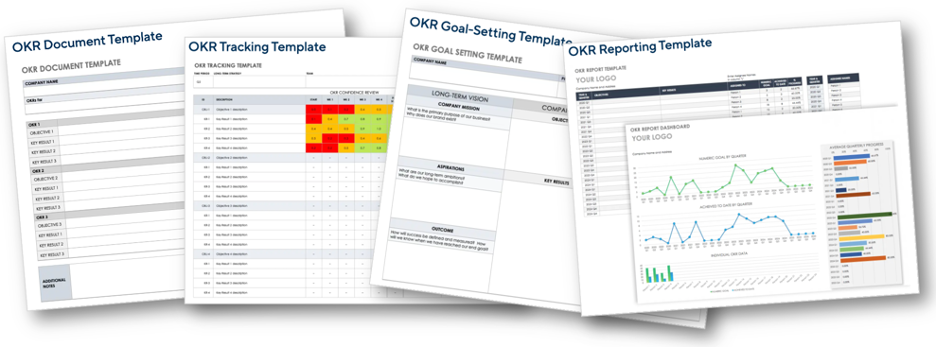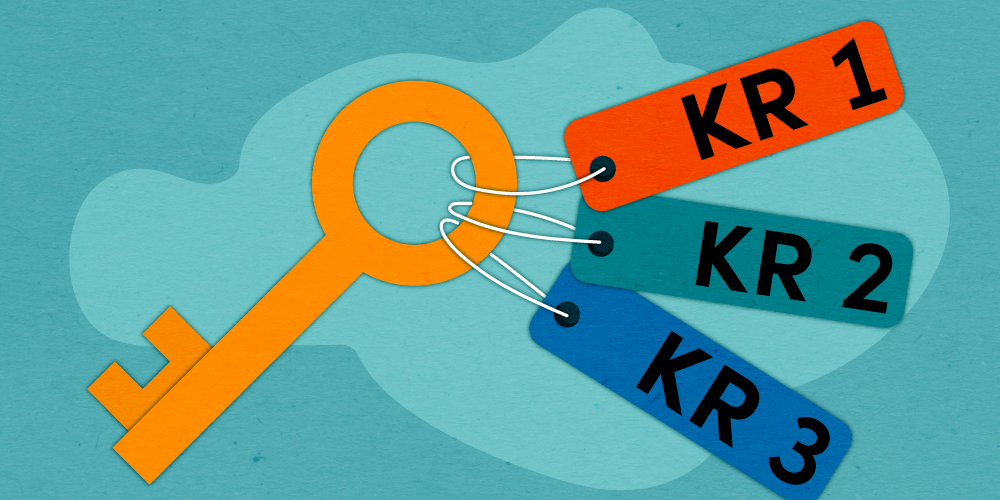Use OKRs to Set Goals for Teams, Not Individuals

As project management expert Jeff Gothelf explains, OKRs are for teams. Try using SMART Goals to achieve individual success.
bjectives and Key Results (OKRs) are a team-based goal-setting methodology that can help you set challenging, yet measurable goals. Objectives (O) help you articulate what you want to achieve. Key Results (KRs) explain how you will achieve them.
Health care examples of OKRs
OKRs help health care professionals meet the ambitious goals inherent to providing exceptional patient care. Objectives present a significant care challenge, while Key Results provide a step-by-step action that will move us one step closer to achieving it.
Objective: Improve inpatient patient experience.
- KR1: Improve “response to call” domain on HCAHPS surveys from X to X.
- KR2: Use patient feedback to recognize your team at least 4 times.
- KR3: Implement Nurse Leader Rounding practice in clinic by end of Q4.
Objective: Expand ambulatory capacity and access opportunities.
- KR1: Increase number of available exam rooms from X to X. (space)
- KR2: Improve EPE access metrics from X to X. (access)
- KR3: Implement staffing model to manage patient demand by X. (team voice)
Objective: Address nursing workforce well-being.
- KR1: Improve RN retention rates from X to X.
- KR2: Implement revised attendance policy to expand sick call days from X to X.
- KR3: Improve burnout/work-related stress through WellCheck survey results over 4 consecutive quarters.
The benefits of using OKRs:
- Helps teams set goals that are aligned with the organization.
- Ensures everyone and every team is following a clear direction.
- Increases productivity through goal setting.
- Monitors progress towards goals regularly.
- Enhances decision making based on more accurate information.
- Ensures accountability, transparency, and measurement.
Give it a try now
There are many ways to visualize and share your OKRs. Smartsheet offers a series of free downloadable OKR templates available here.

Kripa Kuncheria
Leading a project can be tough, but with project management expert Kripa Kuncheria’s step-by-step guide, you’ll master planning, execution, and monitoring for success.
Strategic planning can feel overwhelming—good thing there’s a framework to help make it easier. Project management expert Kripa Kuncheria introduces Goal Pyramid—a strategic framework for goal setting that helps translate big ideas into manageable actions.
Your gut tells you a process could be better than it is—how do you back that feeling up with hard data? Senior value engineer Luca Boi shows how undertaking a baseline analysis can jumpstart your improvement project.
